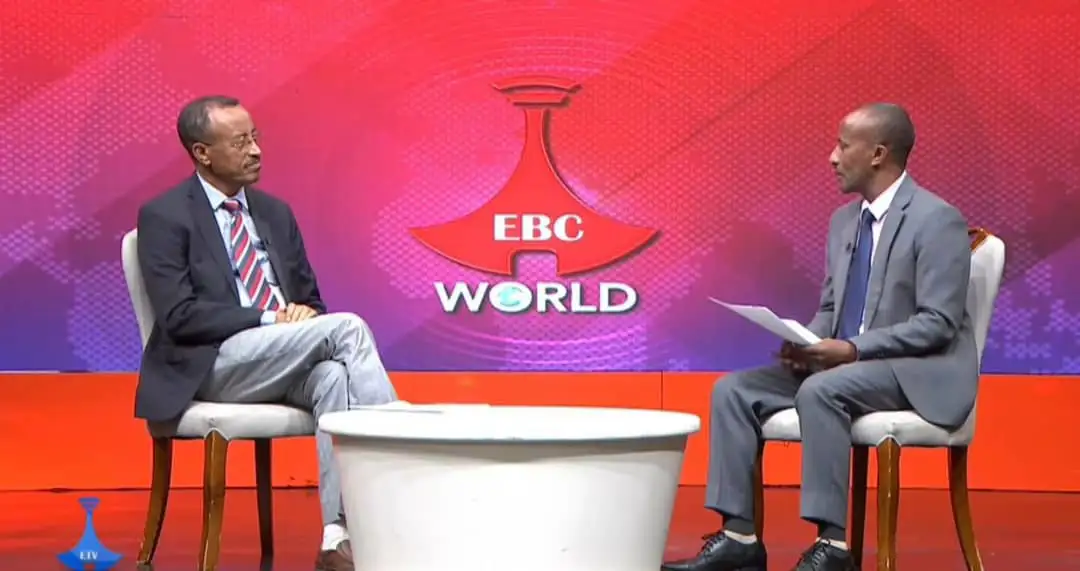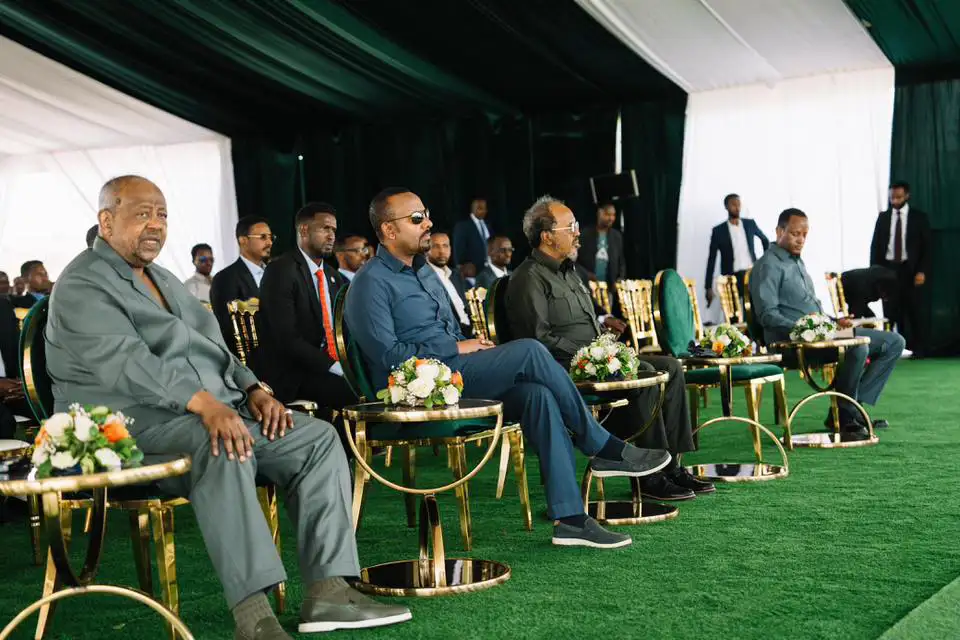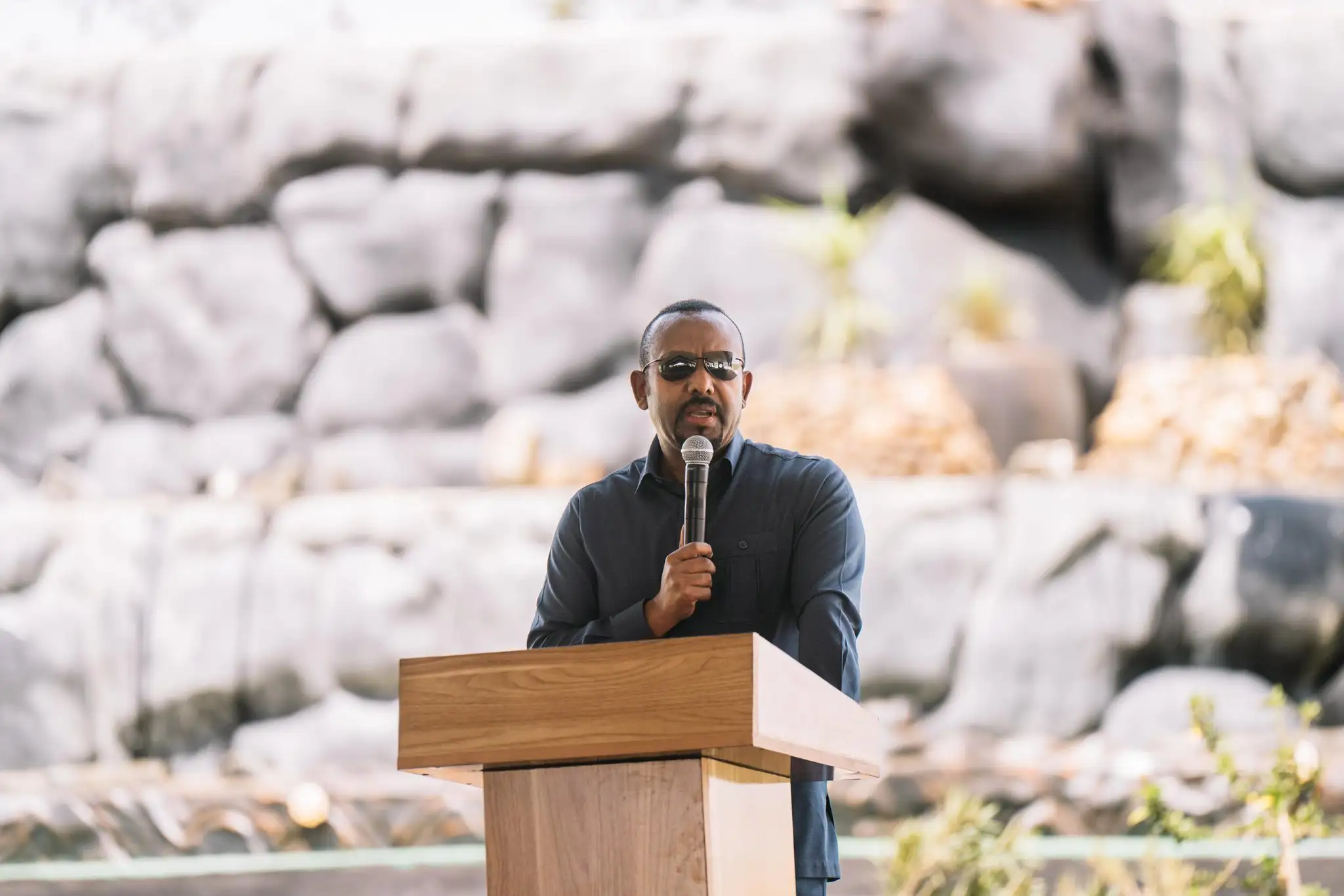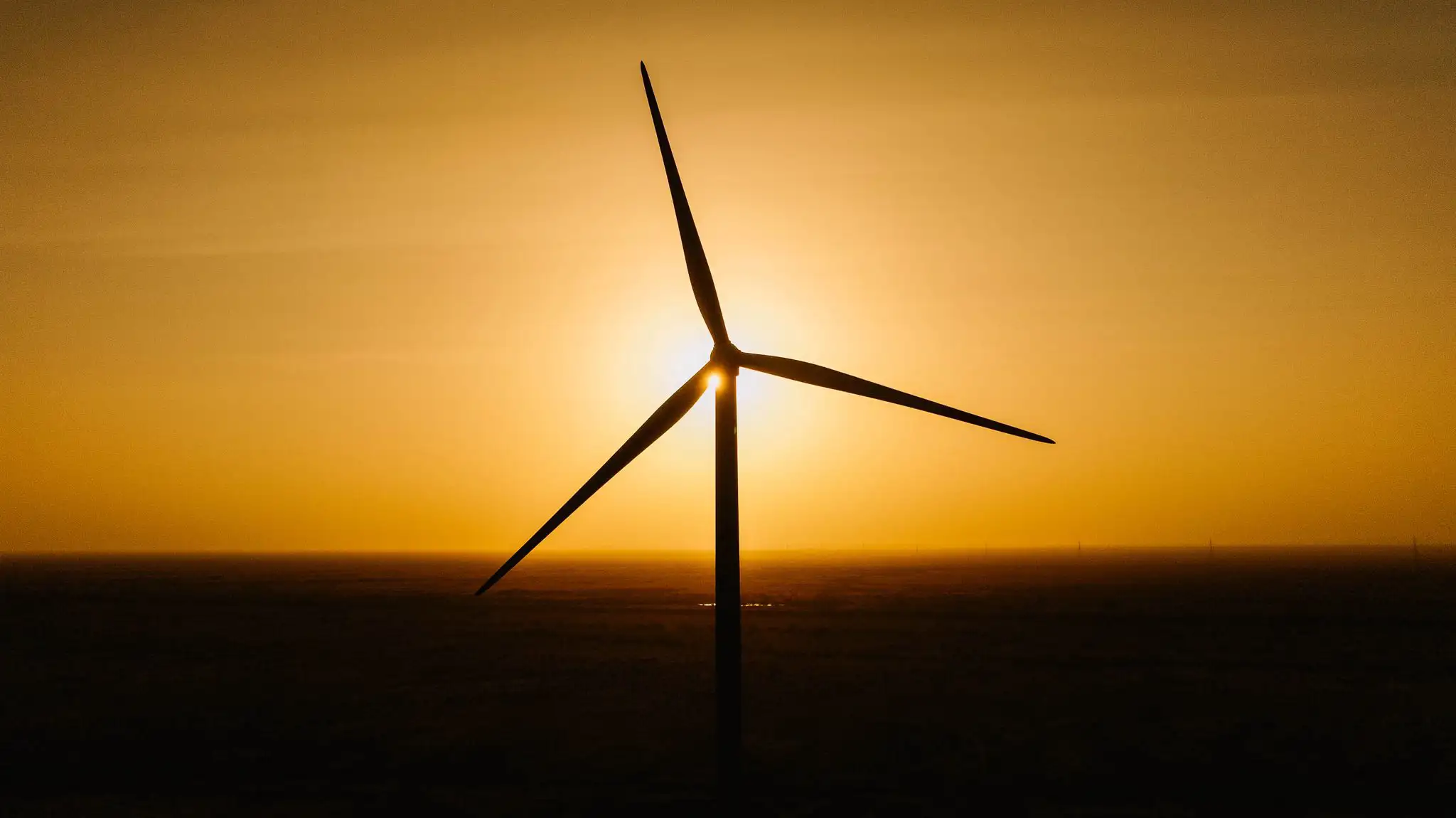Renowned scholar Dr. Tilahun Erduno (Eng), former lecturer at Adama Science and Technology University, calls for a shift in perspective regarding the Nile River, urging Egypt and Sudan to cooperate with Ethiopia on water resource management and recognize its inherent rights.
Speaking as an Ethiopian individual, Dr Tilahun argues that Egypt's claims to the Nile are unjustifiable, as Ethiopia is merely exercising its right to utilize the river, which is known as "Abay" in Ethiopia and symbolizes "peace" and a vital resource for development.
He believes the Grand Ethiopian Renaissance Dam (GERD) will regulate the Nile's flow.
He further claims that it will benefit both Ethiopia and downstream nations.
"Egypt and Ethiopia have conflicting views on managing the Nile River's water resources and that Ethiopia's population is growing fast, demanding more water resources, while lower riparian countries are unwilling to discuss natural rights,” he stated.
In an exclusive interview with EBC World, Dr. Tilahun criticized the approach of Egyptian scholars and governments, alleging they have not engaged in genuine political discourse with Ethiopia.
He believes this has fueled internal conflict and a proxy war, potentially supported by external actors.
He suggested that Egypt's claims to the Nile River are unjustified, as Ethiopia is meeting all the requirements for the river's usage.
Egypt has not come out of the blue to construct dams, but is compelled to do so due to Ethiopia's growing population and demand for water resources. And Ethiopia plans to construct dams to increase rainfall and water availability. He explained.
Dr Tilahun emphasized Ethiopia's growing population and its increasing demand for water resources.
He noted the unwillingness of lower riparian countries to discuss natural water rights, asserting that Ethiopia has a "Plan B" to address its water resource needs, rejecting Egypt's historical right to the Nile.
According to Dr Tilahun, Egyptian and Sudanese scholars should collaborate to understand the benefits of GERD for both nations, arguing that the dam can contribute to climate change mitigation by increasing evaporation and rainfall in Ethiopia.
He mentioned that Egypt and Sudan should work with Ethiopia to increase the water supply, not block it, lamenting the negative views expressed by some Egyptian scholars regarding GERD, advocating for a collaborative approach to finding solutions.
He asserted that Ethiopia’s GERD will help regulate the Nile's flow and provide benefits to both Ethiopia and downstream countries.
He concluded that Egyptian scholars should work with Ethiopia to find a solution, in this regard.




